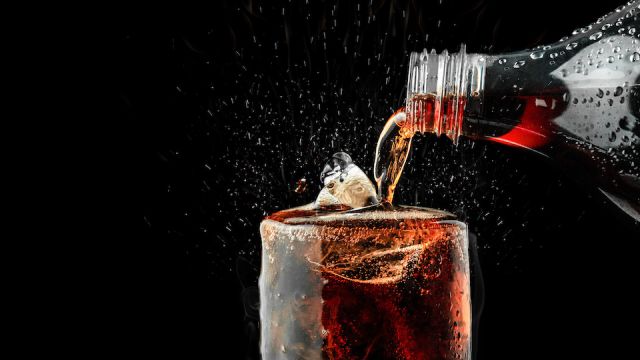The task of teaching financial literacy falls largely on the parents. Here are a few money lessons you can teach your children.
Sponsored by Chase
Black folks are often at a disadvantage when it comes to financial education — which is no surprise. For us, we have a few centuries of disadvantage when it comes to passing accumulating generational wealth and gaining the knowledge and tools that come with building a financial empire.Because this is rarely taught in schools, the task of teaching financial literacy falls largely on parents. In fact, according to the Council for Economic Education, only a third of U.S. states require high school students to take a personal finance class in order to graduate. And one in five 15-year-olds in the U.S. lacked basic financial literacy in 2017, according to the Program for International Student Assessment, a global exam that measures knowledge in areas such as math, science and reading.
Despite the lack of resources in our schools, being a parent in 2019 has changed tremendously over the years, so this task is no longer a burden. Here are a few money lessons you can teach your children that your parents may not have taught you.
Kids nowadays need to know, that just because you see your friends post about it on Instagram, doesn’t mean that you need it. In the era of “stunting for the ‘gram” they have to learn how to not compare themselves to the perceived lives or financial status of those around them. Financial success is typically the end result of years of self-control, and a big part of that discipline involves living within or below your means. The people with real wealth are not posting it on the ‘gram. It’s easy to access some of the trappings of wealth in our society, but it’s difficult to actually afford them. Buying new cars, big houses and designer handbags might impress others, but these goods often mask high debt and a precarious relationship with credit.
Don’t confuse easy access to credit with real wealth.
Just because you have access, doesn’t mean it’s worth more than what it truly is — credit. And what is credit? Money given that is needed to pay back. Although it doesn’t seem nearly as sexy, real wealth is usually the product of responsible spending, maximizing the value of every dollar, and trading glamour for modesty and security.
All debt is not bad debt.
If you’re like me, all throughout my 20s I heard the nagging voice of my mother, who always told me to never get a credit card to protect my credit. Fast forward to being a late 20-something with no credit, and not realizing the importance of building this up at an early age to ensure a decent credit score. It’s important to realize that all debt is not bad debt. Sometimes you need to take on debt (such as a credit card), pay it off on time, and not exceed more than 30% of your monthly limit.
Saving is a long-term game. While it may seem like your bills are endless, and you’re strapped for cash, you can always make an effort to put aside just a little bit of cash, no matter how small. Kids need to know how the importance of maintaining a savings habit early pays off. If every dollar that comes into your life has to go out, there’s little hope for getting ahead. Work to keep your overhead lower than your income, pocket the difference and don’t treat every bump in income as a path towards a more expensive lifestyle.
Set specific goals.
Financial goals can sometimes be too broad — buy a house, save for retirement and keep paying our bills. Or if you’re a kid — save for concert tickets, sneakers or a trip with friends. However, in order to succeed financially, goals need to be more specific. For example, it’s fine to shoot for buying a home. But what kind of house suits your needs and lifestyle? What type of down payment would leave you with a comfortable mortgage? The answers to these questions translate into better-defined goals that, in turn, can motivate us and help us to make better financial decisions. Or even better, setting deadline driven goals can help to help keep you on track, such as, reducing credit card debt down to 20% within 3 months.
To set your financial goals and make a plan, take the Currency Conversations Pledge today. Commit to yourself!
https://www.essence.com/lifestyle/money-career/money-lessons-teach-children/




